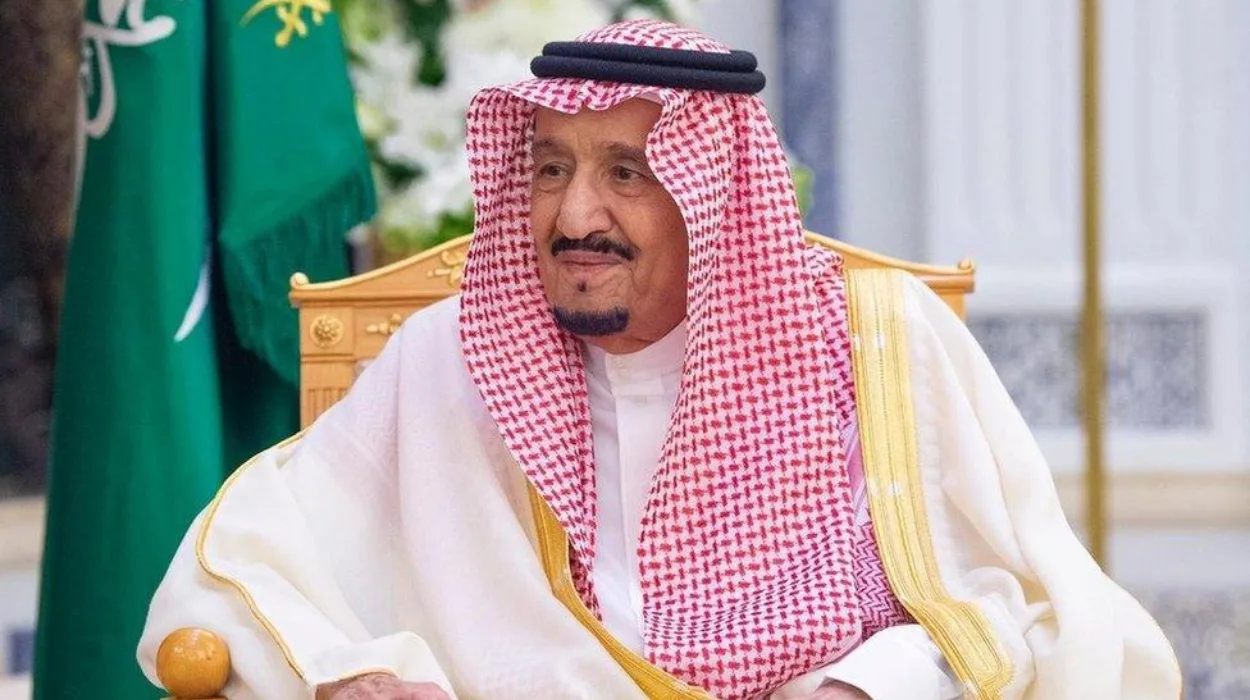Salman bin Abdulaziz bin Abdulrahman Al Saud, King of Saudi Arabia since 2015, is prominently featured in the ICIJ Offshore Leaks “Power Players” database. Although his personal profile and reign have been globally scrutinized, this analysis focuses critically on his intersection with offshore financial networks an enduring symbol of wealth accumulation, legal opacity, and governance challenges worldwide.
Understanding Offshore Finance and Tax Havens
Offshore finance involves the use of legal entities such as corporations, foundations, and trusts registered in jurisdictions known for minimal taxation and high secrecy. Tax havens facilitate the shielding of assets from local tax authorities and public scrutiny, enabling practices ranging from legitimate tax optimization to illicit money concealment or evasion. These arrangements thrive in a global financial ecosystem lacking full transparency, often complicating accountability efforts.
King Salman’s Offshore Links: Facts and Figures
According to the ICIJ’s detailed data, King Salman is connected to a series of offshore entities, particularly companies based in Luxembourg and the British Virgin Islands (BVI). The Luxembourg company Safason Corporation SPF S.A. served as the shareholder of two BVI-registered firms: Verse Development Corporation (est. 1999) and Inrow Corporation (est. 2002). These entities reportedly owned luxury property assets in central London, financed by substantial mortgages, including:
- A $26 million mortgage taken out by Inrow Corporation in 2009
- An $8 million second mortgage secured by Verse Development Corporation
Though King Salman’s exact role within these companies remains unspecific, both mortgages and properties are referenced in relation to him and his assets.
Moreover, Erga, a luxury motor yacht named after the royal Erga Palace in Riyadh and registered to Crassus Limited (a BVI company established in 2004), was identified as being principally utilized by King Salman. Records indicate that Park Property Limited, incorporated in 2005 with Safason Corporation as its sole shareholder, maintained official documentation at the Erga Palace, reinforcing interconnectedness within this offshore web.
Offshore Wealth and the Concentration of Power
King Salman embodies one of the clearest examples of how high-ranking political figures, especially in autocratic regimes, leverage offshore finance to consolidate wealth discreetly. Saudi Arabia, ruled by the House of Saud for decades, concentrates vast natural resource revenues, yet offshore structures remain indispensable for managing and safeguarding significant assets.
This financial opacity raises stark questions around public accountability and equitable wealth distribution. Independent watchdogs, such as Transparency International and the Tax Justice Network, emphasize how such royal offshore holdings can exacerbate inequality, undermine tax bases in both origin and destination countries, and shield elites from scrutiny.
Data from the International Monetary Fund (IMF) and World Bank further highlight that global wealth concentration correlates strongly with the use of tax havens, as elites exploit regulatory loopholes unavailable to ordinary citizens. According to estimates by the Tax Justice Network, up to $30 trillion in assets might be concealed offshore globally, costing governments upwards of $500 billion annually in lost tax revenues.
Critically Assessing King Salman’s Offshore Involvement
The offshore footprints linked to King Salman should be viewed within the broader context of governance challenges in Saudi Arabia, where transparency mechanisms are limited and dissent is often suppressed. Despite his country’s significant role in global energy markets and geopolitics, the lack of clarity surrounding these offshore assets fuels skepticism about motives and legality.
Although offshore holdings are not inherently illegal, undisclosed wealth in opaque structures conflicts with principles of responsible leadership and public interest especially for a ruler whose official capacity involves stewardship of national resources and socio-economic development. The absence of any public response from the King’s office to repeated inquiries, as noted by the ICIJ, compounds concerns over accountability.
Furthermore, these offshore practices illuminate systemic risks in global finance. The disguising of beneficial ownership and utilization of layered corporate entities pose significant challenges to international anti-money laundering (AML) and counter-terrorist financing (CTF) efforts, especially given Saudi Arabia’s strategic position and wide economic influence.
The Larger Picture of Global Financial Secrecy
King Salman’s case exemplifies the persistent dilemma that offshore finance presents globally: the tension between legal secrecy regimes and the growing demand for transparency and equitable fiscal governance. As more investigative databases emerge most notably those from the International Consortium of Investigative Journalists (ICIJ), including the Panama Papers, Paradise Papers, and Offshore Leaks public awareness of elite offshore networks has dramatically increased.
However, regulatory reforms remain fragmented. Jurisdictions offering secrecy protections retain competitive advantages, while international bodies struggle to enforce consistent transparency standards. This uneven landscape empowers an elite class heads of state, wealthy families, multinational corporations to perpetuate wealth accumulation hidden from public scrutiny, often at the expense of disadvantaged populations.
Saudi Arabia’s royal family, with King Salman as its head, perfectly illustrates this paradox: a leader at the helm of massive natural wealth whose connection to offshore entities exemplifies entrenched financial secrecy, challenging assumptions about governance, fairness, and public trust.
Reflecting on Power and Secrecy
The offshore holdings linked to Salman bin Abdulaziz bin Abdulrahman Al Saud, through the lens of ICIJ’s Power Players database, serve as a critical case study on the intersection of wealth, power, and secrecy. While offshore finance can be a tool for legitimate asset management, its pervasive use by political elites like King Salman often shields those individuals from transparency and accountability, undermining democratic principles and fiscal justice globally.
This example underscores the urgent need for robust international cooperation, enhanced transparency standards, and enforcement mechanisms to challenge the structural advantages that offshore finance confers on powerful actors. Only through such efforts can global financial systems become more equitable and responsive to the public interest, ensuring that wealth derived from national resources serves citizens rather than entrenched elites.
Ultimately, King Salman’s offshore-linked assets invite a deeper reflection on how the global community addresses power imbalances in financial secrecy and the role of governance in curbing the excesses of offshore wealth preservation.


